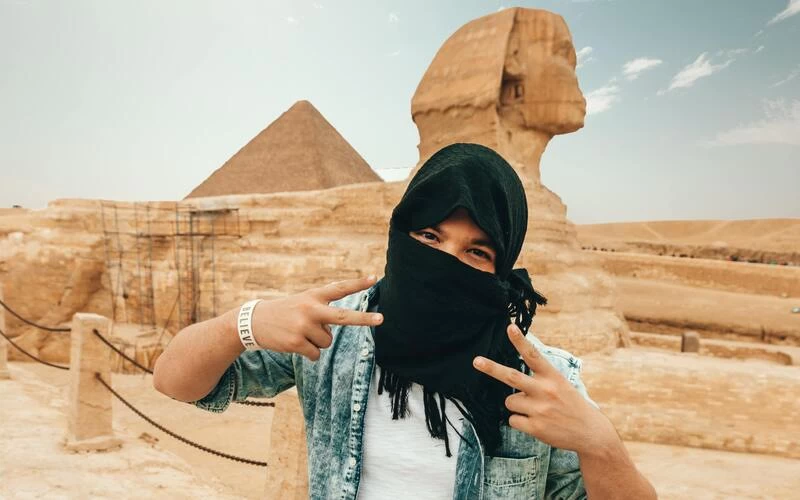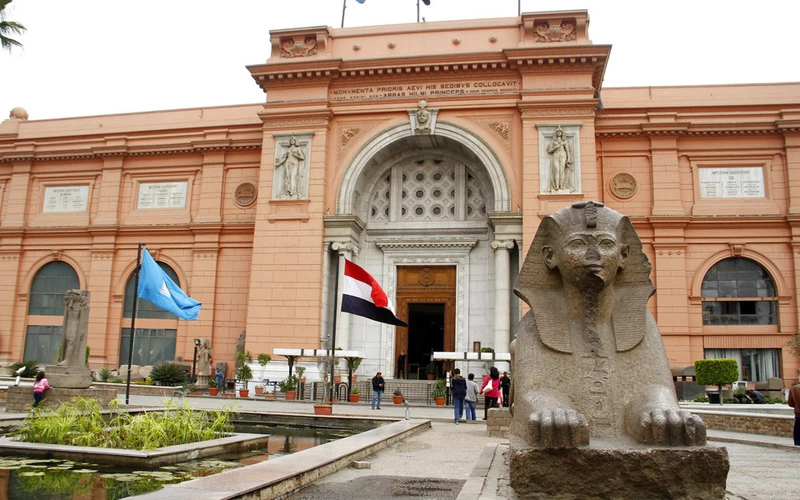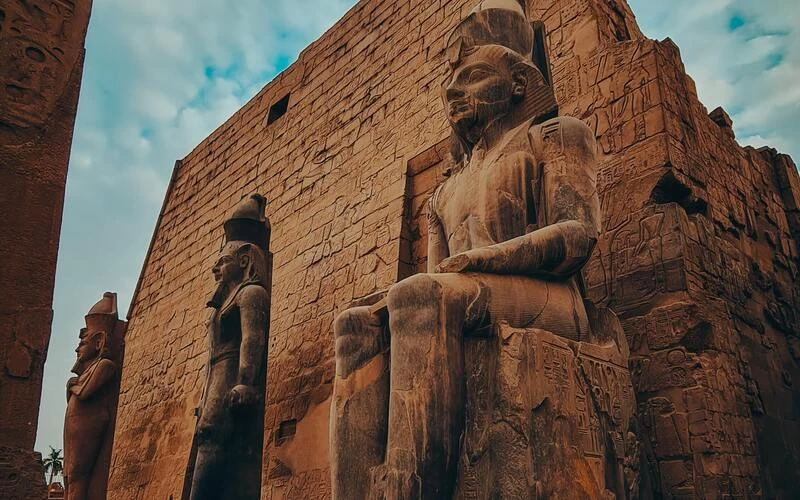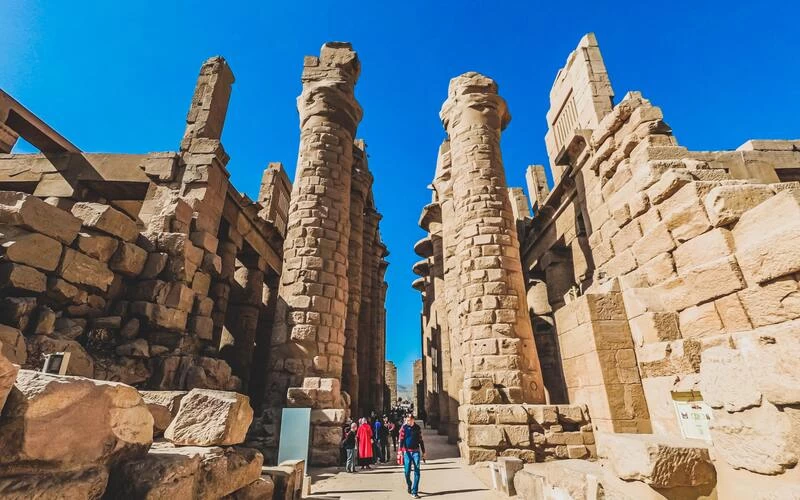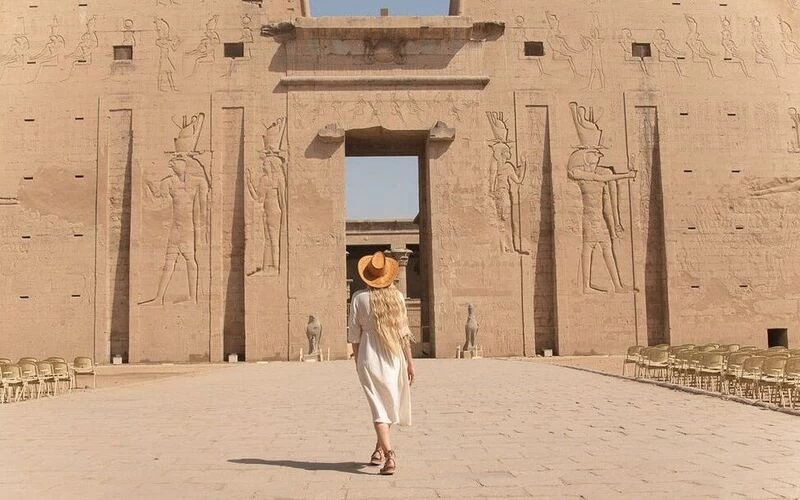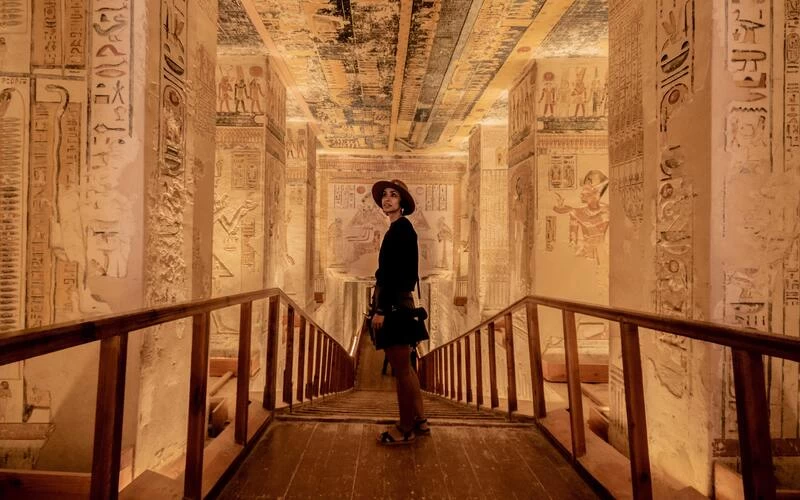Table of Content
History of The Egyptian Museum
Contents of The Egyptian Museum
Tours to The Egyptian Museum
The Egyptian Museum
The Egyptian Museum in Cairo is a treasure trove of ancient artifacts and a must-visit for anyone interested in Egypt's rich history and culture. Established in 1902, this world-renowned museum houses the most extensive collection of ancient Egyptian antiquities, offering visitors a fascinating glimpse into the civilization that built the pyramids and ruled the Nile for millennia.
In this blog post, we will delve into the history of The Egyptian Museum, explore its vast contents, and provide insights into the best tours that will make your visit unforgettable.

History of The Egyptian Museum
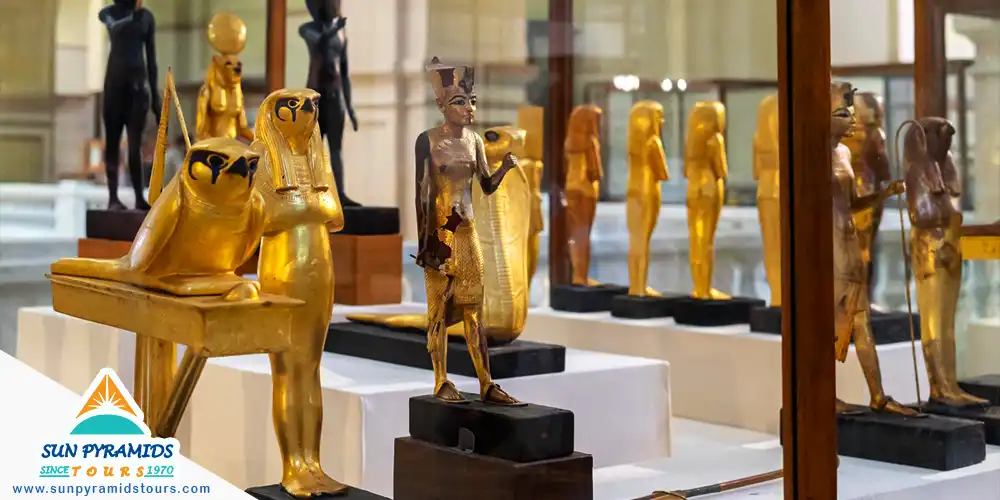
The Egyptian Museum, also known as the Museum of Egyptian Antiquities, has a rich history that dates back to its founding in 1902. Located in the heart of Cairo, the museum was designed by the French architect Marcel Dourgnon. It was established to house and protect Egypt's vast collection of ancient artifacts, which were previously scattered across various locations.
For most people, the idea of witnessing real magic is quite absurd, but everything changes when you step inside one of the oldest museums in the world. The Egyptian Museum contains the biggest collection of ancient Egyptian artifacts, making it a house of absolute wonder and beauty. The artifacts span the different stages of ancient Egyptian civilization's evolution. The history of The Egyptian Museum dates back even further, as it was first constructed in 1835 near Ezbekeyah Garden. However, Mohammed Ali later moved it to Cairo Citadel to protect Egypt's heritage.
The museum's history reflects its enduring role in safeguarding Egypt's rich cultural heritage and making it accessible to people from around the world. The History of The Egyptian Museum is a testament to Egypt's commitment to preserving and showcasing its ancient treasures, ensuring that the legacy of its remarkable civilization continues to inspire and educate future generations.
Contents of The Egyptian Museum
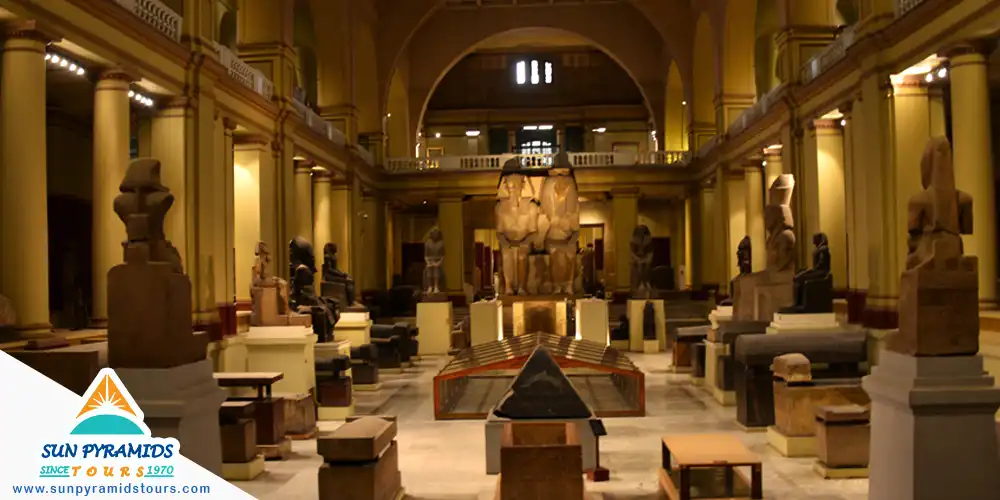
The Egyptian Museum boasts an extensive collection of over 120,000 items, showcasing the grandeur of ancient Egyptian civilization. Among its most famous exhibits are the treasures of Tutankhamun, including his iconic golden mask and stunning jewelry. The museum also features statues, mummies, and artifacts spanning various periods of ancient Egyptian history, from the Old Kingdom to the Greco-Roman era. Visitors can marvel at the intricately carved sarcophagi, delicate papyrus scrolls, and beautifully preserved everyday objects that offer a glimpse into the lives of the ancient Egyptians. Each artifact tells a unique story, contributing to a comprehensive understanding of Egypt's rich cultural heritage.
One of the most famous artifacts is the Narmer Plate, which tells the story of the unification battle at the hands of King Menes and is part of the legacy of the age of the pyramids in the old era. On the ground floor, visitors can find statues of King Khufu, Khafre, and many others. Most of the monuments in the museum belong to the New Kingdom (1550-712 BC), covering three dynasties from the 18th to the 20th. These artifacts include crowns, wooden objects, and gold statues of goddesses like Hathor and Amun, as well as the luxurious belongings of many kings and queens.
Prominent among these are items from the reigns of Thutmosis III, Thutmosis IV, Amenophis II, Egypt’s most powerful Queen Hatshepsut, and the Great Ramses II. Of course, the famous Boy King Tutankhamun's treasures are a significant highlight. The Egyptian Museum's vast collection offers an unparalleled journey through the annals of ancient Egypt, allowing visitors to experience firsthand the splendor and complexity of this remarkable civilization.
The Contents of The Egyptian Museum are curated to provide a deep and engaging insight into the daily life, religious practices, and political history of ancient Egypt. Each section of the museum is designed to enhance your understanding and appreciation of the ancient world, making your visit a truly enlightening experience.
Tours to The Egyptian Museum
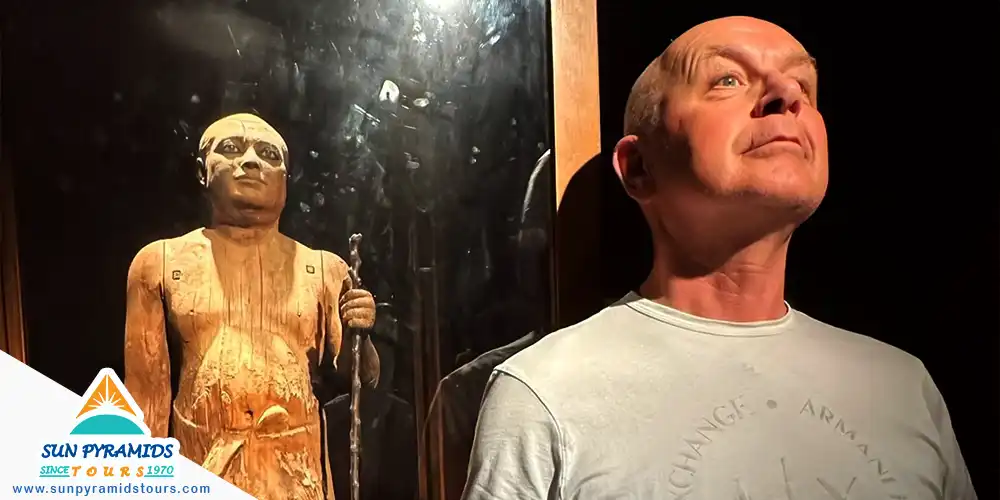
To fully appreciate the history and culture housed within The Egyptian Museum, consider joining one of the expertly guided tours offered by Sun Pyramids Tours. Our knowledgeable guides will take you on a journey through the museum's most significant exhibits, providing fascinating insights and historical context.
Whether you're a first-time visitor or a seasoned Egypt enthusiast, our tours are designed to enhance your experience and ensure you don't miss any of the museum's highlights. From the awe-inspiring treasures of Tutankhamun to lesser-known but equally captivating artifacts, our tours offer a thorough exploration of this world-class museum.
If you are already in Cairo and want to visit The Egyptian Museum, you can check out our specialized Cairo tours. These tours are tailored to give you an in-depth understanding of The Exhibits at the Egyptian Museum, showcasing the grandeur of ancient Egyptian civilization. For those planning a trip from outside Egypt, our comprehensive Egypt tour packages include a visit to The Egyptian Museum as well as a fantastic Nile river cruise, making your Egypt vacation a trip to remember.
Our tours are crafted to provide an immersive experience, combining educational content with the thrill of discovery. You will learn about the intricate details of artifacts such as the Narmer Plate, the statues of King Khufu and Khafre, and the numerous treasures of the New Kingdom. Our expert guides ensure that you gain a deeper appreciation of the historical and cultural significance of each exhibit.
Join Sun Pyramids Tours for an unforgettable journey through ancient history at The Egyptian Museum. Book your tour today, and let us guide you through the treasures of the pharaohs, creating memories that will last a lifetime.
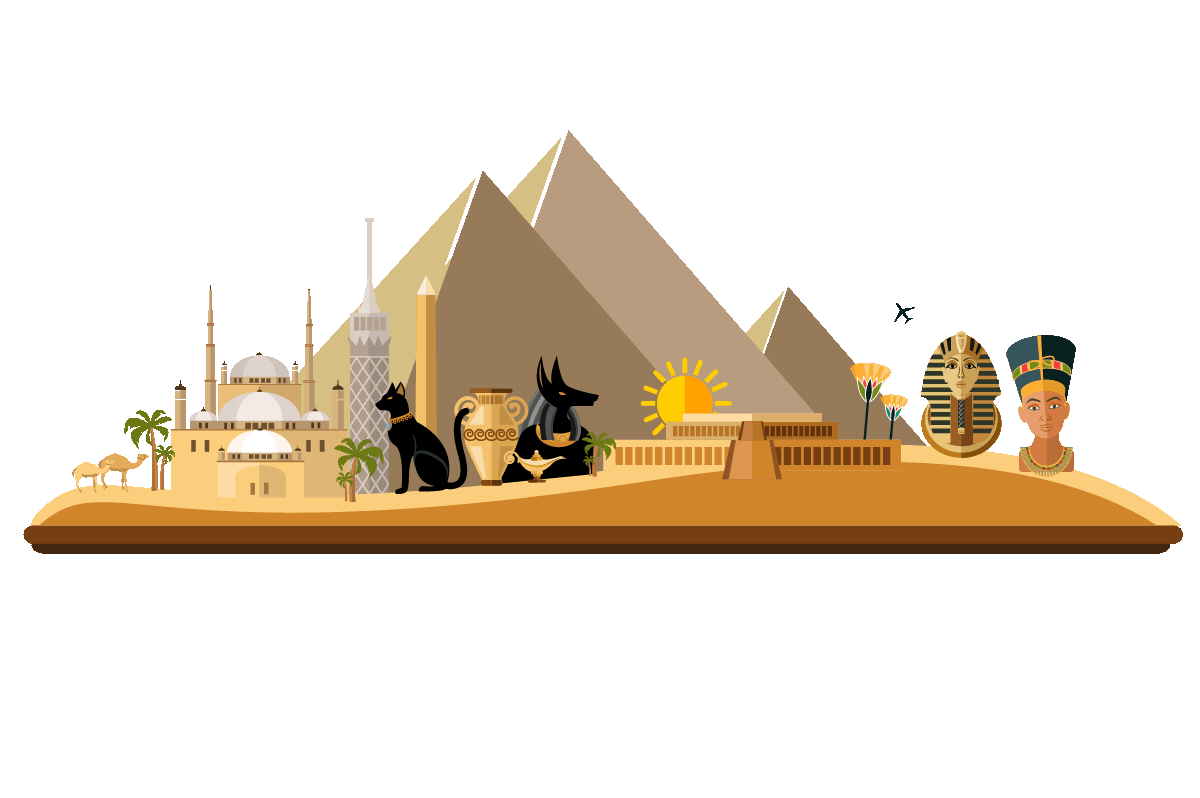
.DvizhAGb.gif)
Plan your next adventure now
Related Tours
Frequently Asked Questions
See more

There are no frequently asked questions :)
Related Blogs
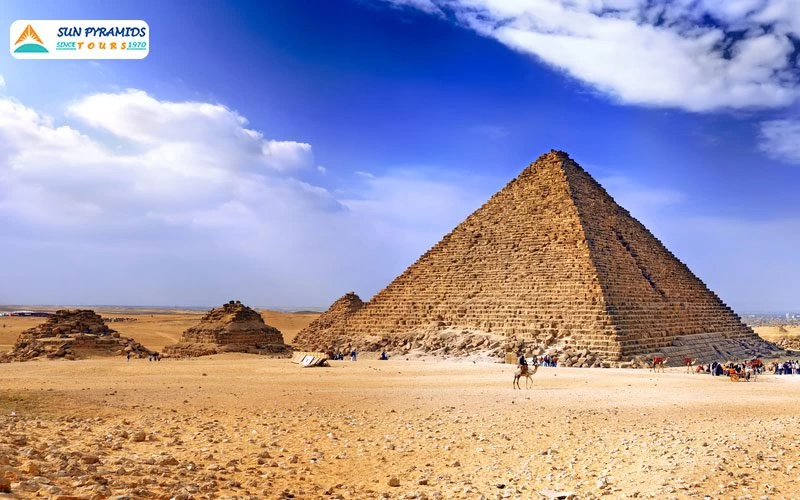
Plan A Trip to Egypt
+1 more
Ultimate Guide: How To Plan A Trip To Egypt
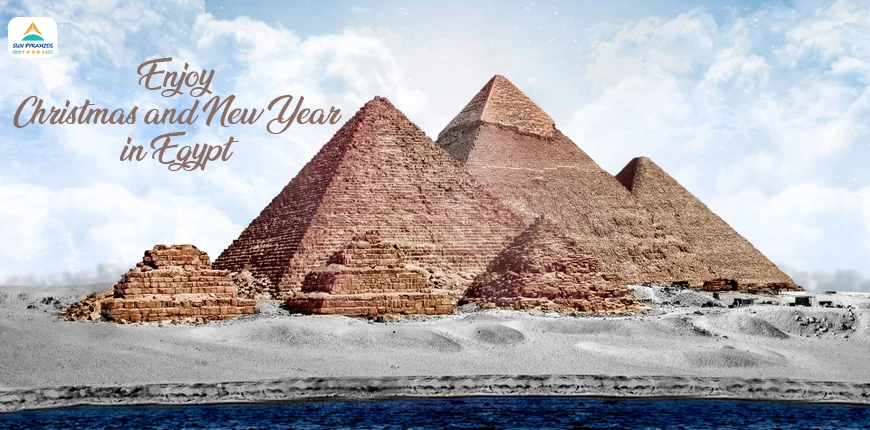
Christmas and New Year in Egypt
+1 more
Christmas and New Year in Egypt

Egypt Hidden Gems
+1 more
Egypt Hidden Gems
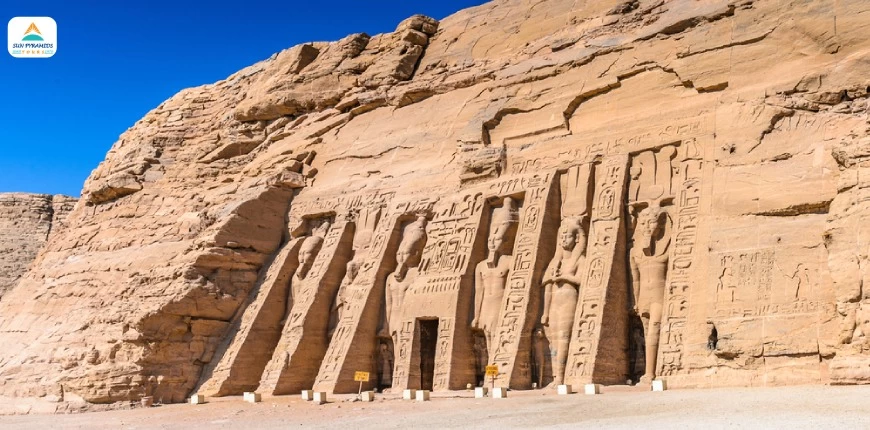
Abu Simbel Temple
+1 more
Abu Simbel Temple
Need help to Finding your Trip?
Offers
Make Trip
trips
Home
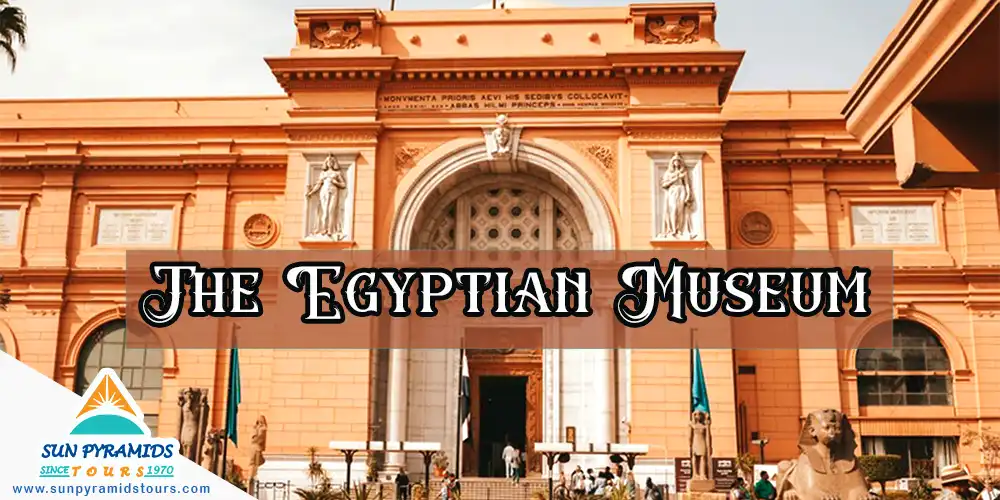
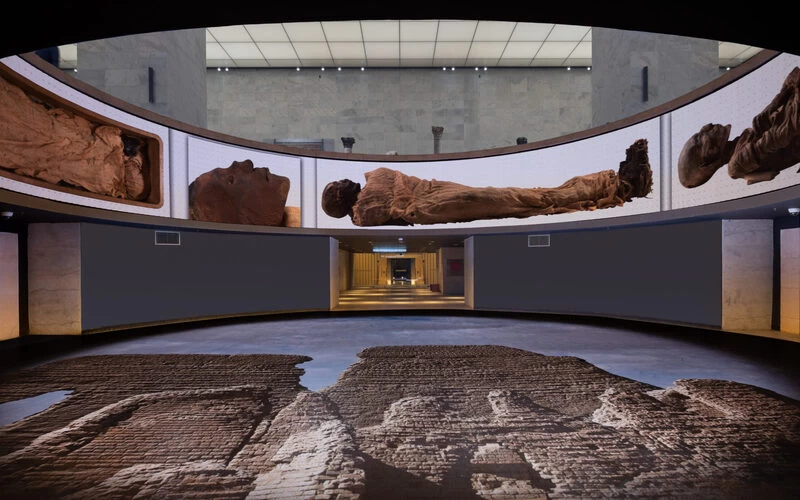
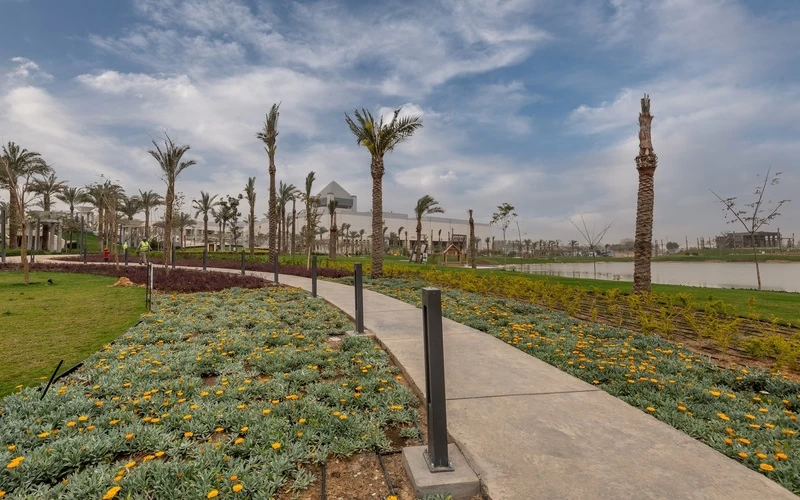
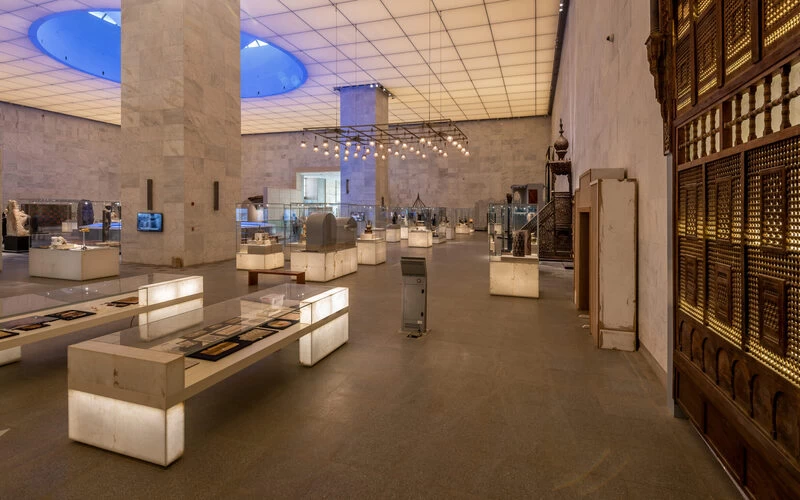
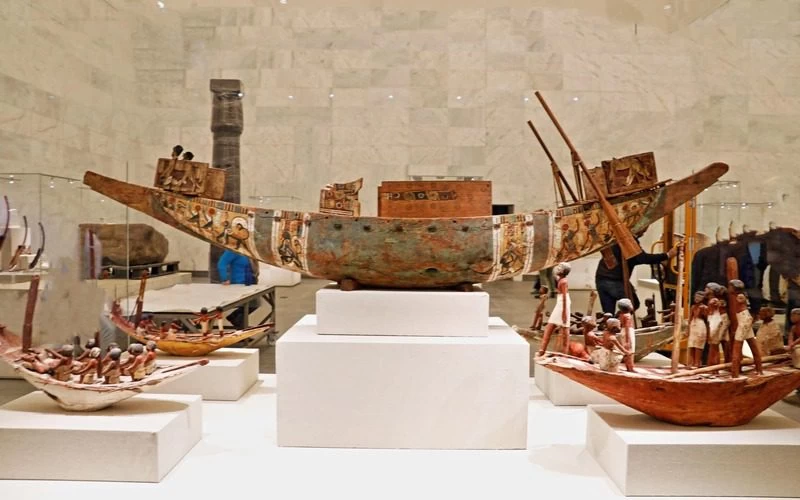
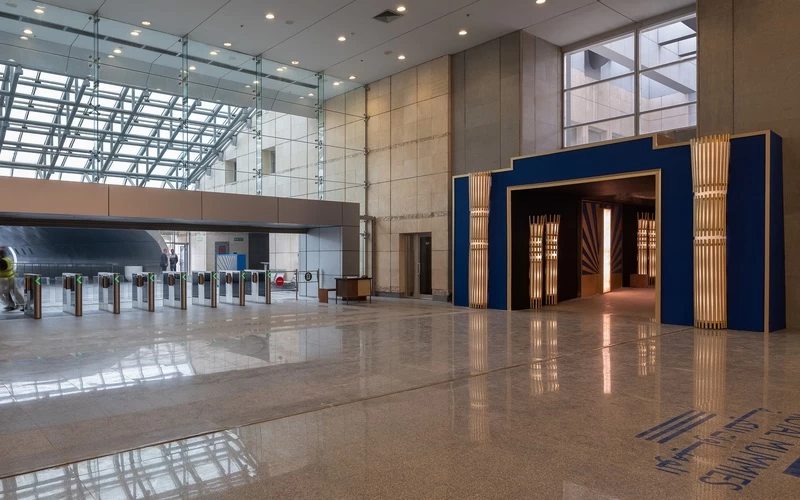
.webp)
.webp)
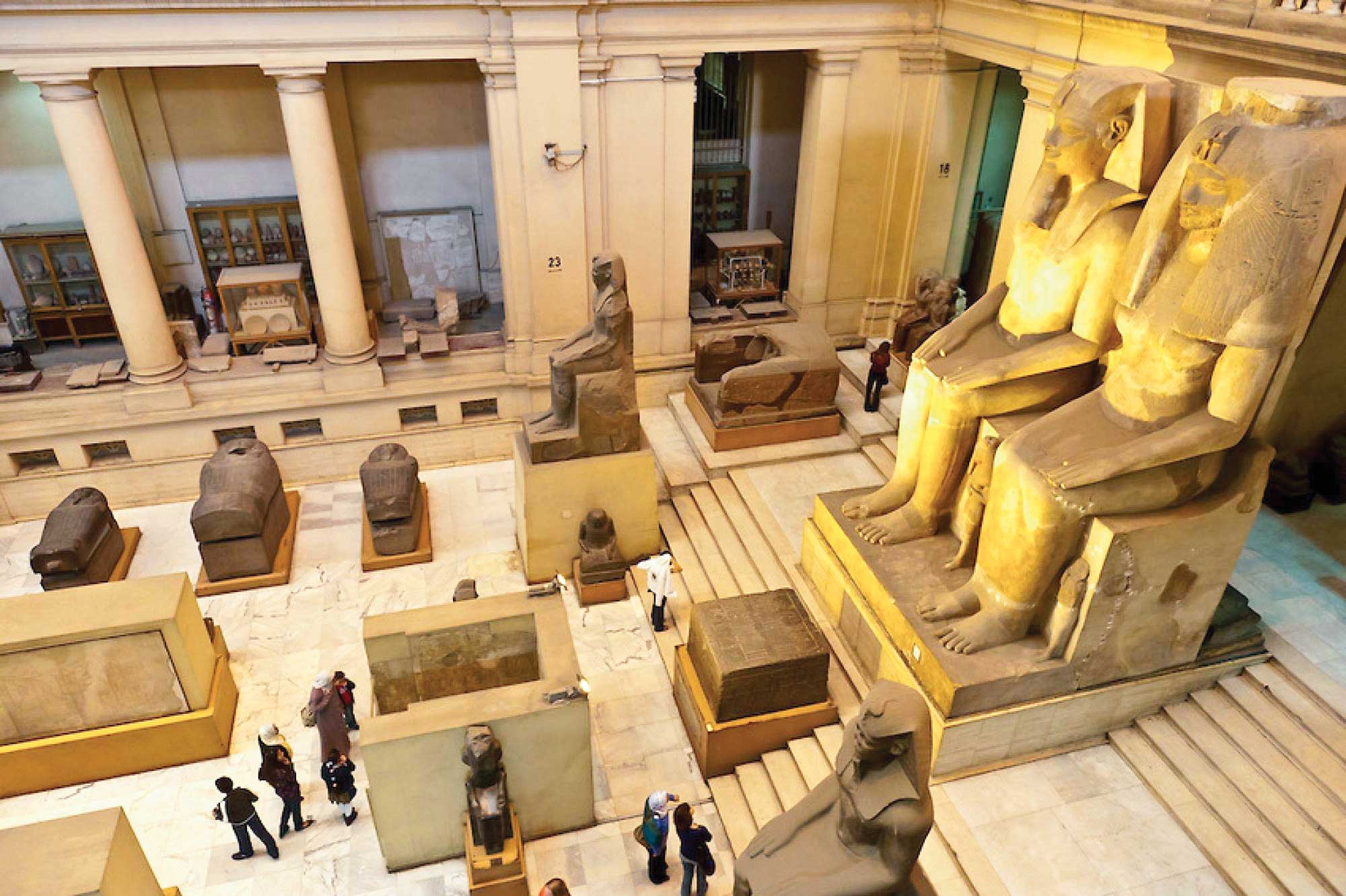
.webp)
.webp)
.webp)
.jpg)


.webp)
.webp)
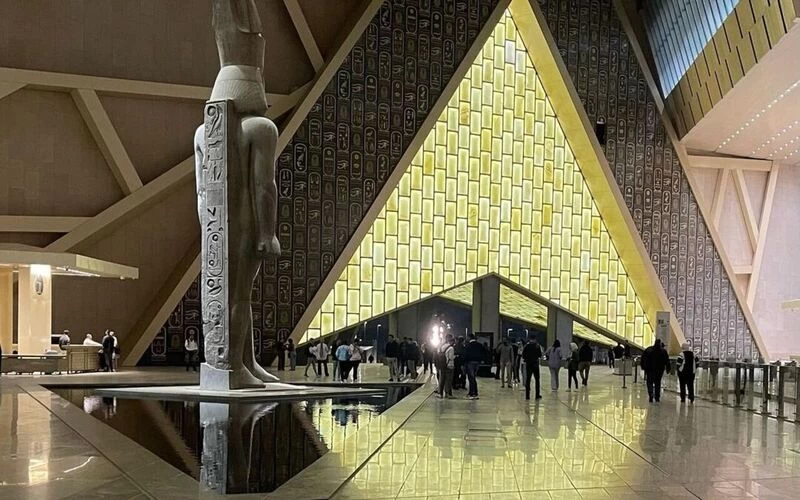
.webp)
.jpg)


.jpg)
.jpg)
.jpg)
.jpg)






